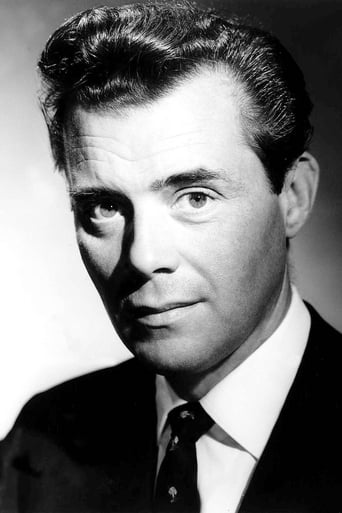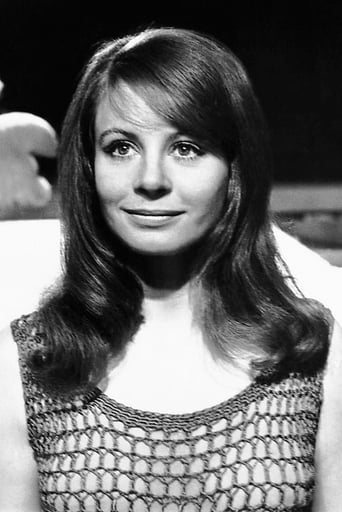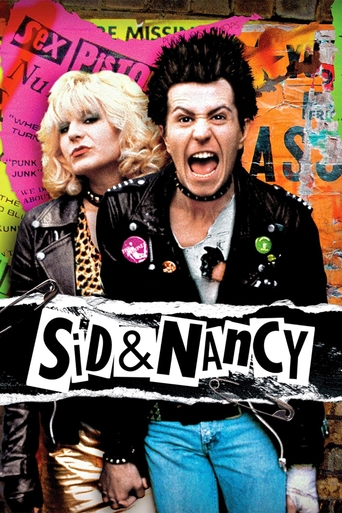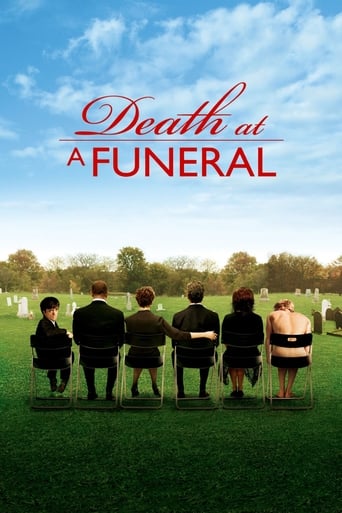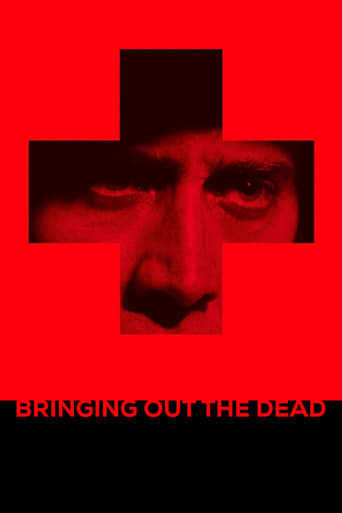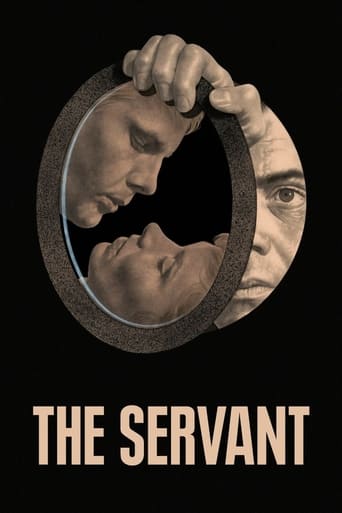
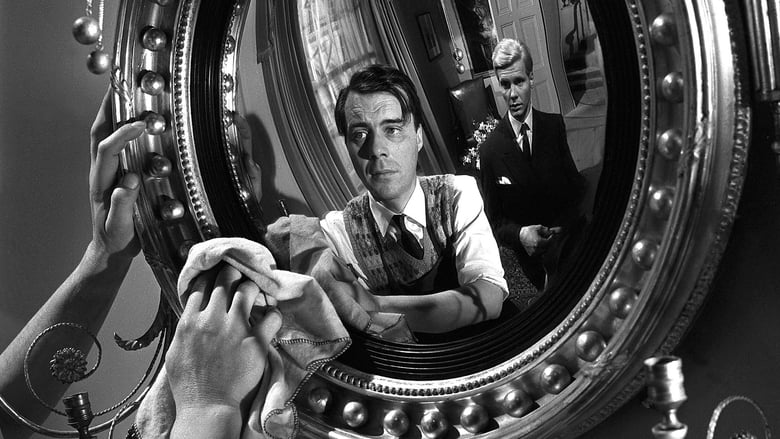
The Servant (1963)
Hugo Barrett is a servant in the Chelsea home of indolent aristocrat Tony. All seems to go well until the playboy’s girlfriend Susan takes a dislike to the efficient employee. Then Barrett persuades Tony to hire his sister Vera as a live-in maid, and matters take another turn for the worse…
Watch Trailer
Cast
Similar titles
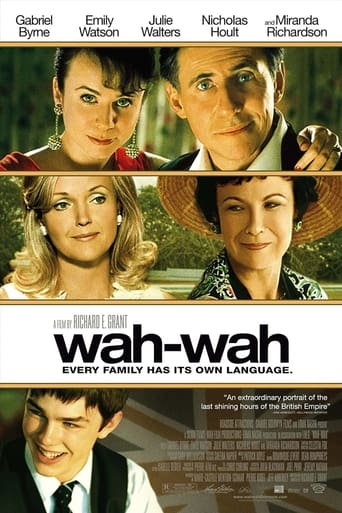
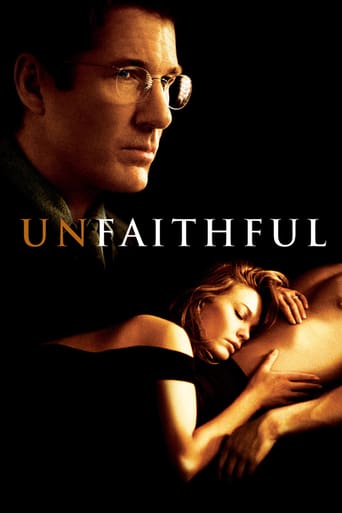
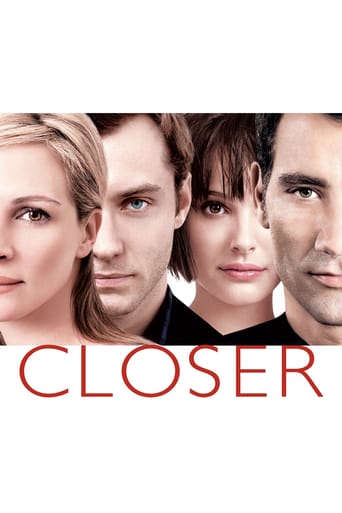
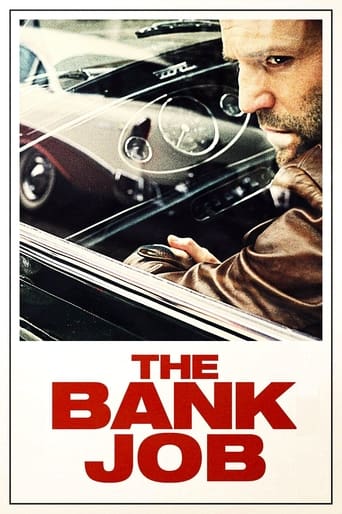
Reviews
Admirable film.
Pretty good movie overall. First half was nothing special but it got better as it went along.
There's no way I can possibly love it entirely but I just think its ridiculously bad, but enjoyable at the same time.
Blistering performances.
James Fox played the boy who raced against Tom Courtenay in Loneliness Of The Long Distance Runner. He was good in that. I dont think there is much difference between Barrett and Tony. Tony was making believe he was rich and Barrett made believe he was a servant. occasionally they told the truth or rather the truth slipped out. Just lonely people being unable to find love. Its a movie you dont want to see often.
Professional servant Barrett (played by Dirk Bogarde) is hired by a wealthy young man, Tony (Edward Fox), as his man-servant. Initially Barrett is the ideal man-servant - quiet, loyal, submissive, unquestioning and very helpful. However, over time the shine wears off and he reveals more of his true self, and it's far from submissive. Moreover, with time the master-servant dynamic starts to shift.Good build up to what I was hoping was going to be a very powerful and/or profound ending. Characters are given depth and are dynamic in their personalities. There is a decent degree of engagement and the plot develops well, albeit slowly.I was happy to take the slow-burning nature of the movie, figuring there would be a big pay-off at the end. Unfortunately, the end doesn't quite reward you for your patience. It does demonstrate how the dynamic between the master and servant has shifted, and how significantly, but that's it, and it's not really a surprise. I really was hoping for something more explosive at the end.
Some excellent reviews so far. I enjoyed the commentary of ian_harris ("Superb, sinister movie", ian_harris from London, England, 25 November 2002). Also, Framescourer ("Confusing, sexy and brilliant", Framescourer from London, UK, 16 November 2004). And, Bobs-9 ("Disturbing but fascinating psychological drama", Bobs-9 from Chicago, Illinois, USA, 27 December 2001). And, MARIO GAUCI ("THE SERVANT", MARIO GAUCI from Naxxar, Malta, 24 August 2006). And, meitschi ("Perverted Jeeves", meitschi from Vienna, Austria, 22 August 2002)."The Servant (1963)" is a psychological, nearly plot-less drama that depicts a transfer of identity between a wealthy, idle playboy (James Fox) and the manservant (Dick Bogarde, who is devastatingly good) he employs. An alcohol and cigarettes-fueled blend of hetero and homo-eroticism, the principal characters tear at each other until stodgy British social class distinctions and behavior norms come crashing down. The last 25 minutes are mesmerizing; and was probably regarded by British audiences at the time as depraved.Harold Pinter wrote the screenplay. Joseph Losey and Dirk Bogarde handled direction. (Bogarde reluctantly stepped in when Losey came down with pneumonia during production.) Visually, "The Servant" has superb style. The use of mirrors and common household objects (e.g., phones and dripping faucets) is done with great effect.Bogarde leads the excellent cast. He is sublime as the menacing, morally and sexually ambiguous social climber Hugo Barrett. Sarah Miles is also superb as Vera; her erotically-charged performance makes the word "slut" seem less of a pejorative than a compliment. The rest of the cast is also good. (I disagree with criticism of Wendy Craig as Susan; she works for me.) "The Servant" is emotionally powerful; it is filled with style and vigor. It demands multiple viewings.
Sixteenth feature film by American director Joseph Losey (1909-1984), an adaptation of a novel from 1948 by British novelist and playwright Robin Maugham (1916-1981), which was written by screenwriter and playwright Harold Pinter (1930-2008), tells the story of Tony, a young and wealthy man who hires a man named Hugo Barrett to work for him as a servant at his house in London. Even though his girlfriend Susan acts with pointed prejudice towards Tony's newly hired servant and questions his character, Tony ignores this and continues his trusting friendship with the charming Hugo Barrett.This brilliantly written and directed British production, a character-driven, dialog-driven and rigorously structured study of character which portrays a fierce power struggle between a man from the upper-class and a man from the working-class, is a tense, intriguing and dramatic chamber-piece and a poignantly atmospheric Film-noir from the early 1960s with a underlining jazzy score by English Jazz composer John Dankworth (1927-2010). The noticeable black-and-white cinematography by British cinematographer Douglas Slocombe, the sarcastic humor, the pivotal use of light, the quick-witted dialog and the stellar acting performances by James Fox as the shallow and gullible Tony, Dirk Bogarde as the dutiful and articulate Hugo Barrett, Sarah Miles as the enigmatic and seductive Vera and Wendy Craig as Tony's loving and suspicious girlfriend Susan are crucial aspects which characterizes this interior thriller about the darkest sides of human nature.This BAFTA Award-winning film from the British New Wave is an internal psychological drama with an efficient shifting pace and artful milieu depictions which provides a detailed examination of the British class system. An ardent, acute and captivating masterpiece from the director who was blacklisted by Hollywood during the McCarthy Era in the 1950s for supposedly having attachments with the Communist party and exiled to England where he made most of his films.
